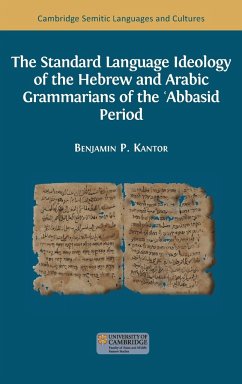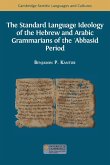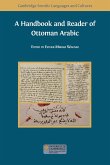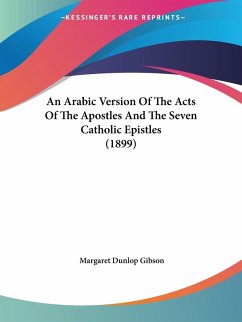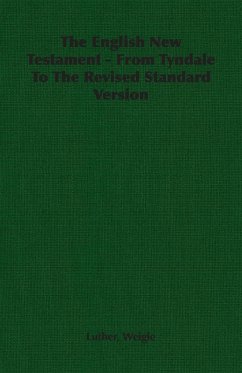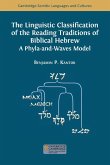As a discipline, the study of Biblical Hebrew grammar began largely among Arabic-speaking Jews of the Middle Ages, particularly in the ¿Abbasid period (750-1258 CE). Indeed, it has long been acknowledged by scholars that the Hebrew grammatical tradition, in many ways, grew up out of and alongside the Arabic grammatical tradition. Many concepts present in Hebrew grammar have their origins in the writings of Arabic grammarians of the ¿Abbasid period. And yet, as recent linguistic and anthropological work has shown, setting down 'the grammar' of a language can be as much an ideological or political activity as an academic one. In addition to the language itself, speech communities also share beliefs and attitudes about that language-what linguistic anthropologists would term a 'language ideology'. Language ideology can have a dramatic impact on what forms of the language one regards as acceptable and what sort of rules one imposes on and through their description of the language. Nevertheless, while much work has been done on the interface between Hebrew and Arabic grammar and literature in the Middle Ages, interface of their respective language ideologies has yet to be treated theoretically or systematically. In the present book, then, we survey six specific characteristics of a 'standard language ideology' that appear in both the writings of the Hebrew grammarians who wrote in Judeo-Arabic and the Arabic grammarians during the ¿Abbasid period. Such striking lines of linguistic-ideological similarity suggest that it may not have been only grammatical concepts or literary genres that the medieval Hebrew grammarians inherited from the Arabic grammatical tradition, but a way of thinking about language as well.
Hinweis: Dieser Artikel kann nur an eine deutsche Lieferadresse ausgeliefert werden.
Hinweis: Dieser Artikel kann nur an eine deutsche Lieferadresse ausgeliefert werden.

